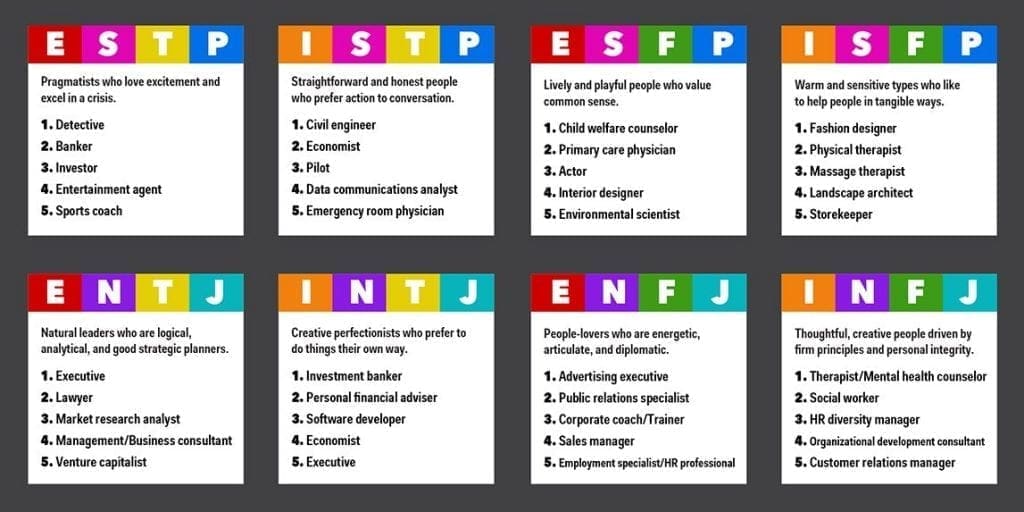How to know yourself better with the Enneagram

Who are we? When it comes to defining, ourselves, we’ve been conditioned to think about our jobs, education or tastes, but these fall short once we try to determine where our decisions come from and what makes us different from others.
Knowing yourself demands you to look inwards, and this is where the Enneagram can help us.

The Enneagram Symbol – Photo credit: Integrative9
The Enneagram is a psychological test which identifies nine personality types, each one corresponding to a place in the Enneagram symbol – the circle which symbolises integrity, the triangle which expresses the intervention of external forces, and the hex which represents change and evolution.
Each personality type is different from one another while sharing traits with the types beside it (its “wings”), and the test also tells us about our Instinctual type – the way we see and develop our relationships.
By looking at our dominant type, its wings, and our instinctual variant, we can get a clear view about the why and how we interact with the world the way we do, where are our motivations coming from, the strengths and weaknesses of our personalities and so on.
We’ve made a short description of the types the Enneagram identifies. Which one do you identify with the most?
- The Reformer: Are you a perfectionist always looking to make things better and bring order to your (and your friend’s) chaotic lifestyles? Do you believe everything can be improved? It’s likely you are a Reformer waiting to cause a big splash in the world.
- The Helper: The selfless types who find joy in making the lives of others better in any way they can. If you are the one that remembers everyone’s birthday at the office and don’t know how to say “no” to someone in need, you might be a Helper.
- The Achiever: Reaping the rewards of hard work and laser focus, the Achievers won’t rest until they’ve proven to themselves and everyone else what they are capable of. Whatever your goal is, few things can stop you if you are an Achiever.
- The Individualist: In stark contrast to the Achiever, the Individualist thinks little of praise and criticism aimed at her. Always focused on their perception of themselves, they tend to identify as “different from the rest”, and as such, their personalities don’t depend on any trend or external validation.
- The Investigator: The most distant of types, Investigator prefer to stay home and look at things from a distance before making any move. While their inaction becomes a weakness more often than not, it also makes them thoughtful and able to see things others miss.
- The Loyalist: It’s exceedingly hard to win a Loyalist’s trust, but once you’ve proven yourself and earned it, you have a valuable friend that’ll guard your secrets as a sacred treasure. If you have trouble trusting others at first but would give it all for those that have proven themselves worthy, you might be a Loyalist knight.
- The Enthusiast: Always seekers of pleasure and adventure, Enthusiasts have a lot of spark and energy that they put to work in planning and creating exciting situations. Creative and open-minded as their personality demands, they are fast thinkers that can handle many kinds of situations.
- The Challenger: If you never quite got around respecting authority and think rules are meant to be broken, you are probably a Challenger – always in control of themselves (and protecting their freedom with cape and sword), Challengers are strong-willed and decisive individuals.
- The Peacemaker: Sometimes what we need is to compromise and look for winner-winner solutions. This hard to do, but not so much for the Peacemaker, who seeks harmony and peace above all and is even willing to become a martyr if it means resolving or avoiding conflicts. If you find yourself getting between people to stop arguments before they escalate, consider yourself a Peacemaker.

In reality, most of us fit in not one, but in a combination of two or more types. That’s fine –
The Enneagram isn’t made to label oneself, as it is about studying the different aspects that, combined, make you who you are and define how you face life.
With self-understanding in place, we can see how our strengths and weaknesses spring from the bottom of our souls, and by giving them a name, we can start working on growing the positives while fixing the negatives.

So, do you know which types are you yet? Did they feel eerily accurate? It happens to all of us, the important thing is to take your notes and putting your self-knowledge to work.









Responses